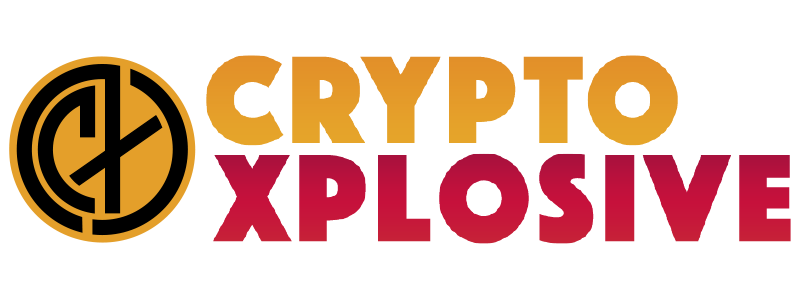BlackRock ETFs Beat Grayscale in $21 Billion Crypto Asset Battle

As of Friday, BlackRock’s ETF (exchange-traded fund) became the largest collective holder in the market, surpassing Grayscale for the first time in on-chain holdings.
The rising interest in Bitcoin (BTC) and Ethereum (ETH) continues to fuel institutional demand following the approvals of ETFs. This shift highlights the growing confidence in these digital assets among major investors.
BlackRock Dethrones Grayscale in ETF Holdings
Arkham Intelligence reported that BlackRock ETF holdings, IBIT and ETHA, ascended to $21,217,107,987 on Friday. The surge saw the financial instruments effectively beat Grayscale’s GBTC, BTC Mini, ETHE, and ETH Mini, valued at $21,202,480,698 as of the time of the report.
Notably, Grayscale still maintains a higher overall balance than BlackRock, primarily due to its GDLC fund, which holds approximately $460 million in assets under management (AUM). Unlike BlackRock’s offerings, GDLC is not an ETF, allowing Grayscale to retain a larger share of the market.
Read more: How To Trade a Bitcoin ETF: A Step-by-Step Approach
Bitcoin ETFs began trading on January 11, and within just seven months, BlackRock has become the third-largest holder of BTC. Bloomberg ETF analyst Eric Balchunas predicts that IBIT could surpass Satoshi Nakamoto’s Bitcoin holdings by 2025, provided the current growth pace continues.
“Didn’t realize US ETFs are on track to pass Satoshi in bitcoin held in October. BlackRock alone is already #3 and on pace to be #1 late next year,” Balchunas said.
Last week, digital asset investment products saw inflows totaling $176 million, with BlackRock recording $408 million in inflows. In contrast, Grayscale ETFs experienced up to $552 million in outflows, signaling a shift in investor preference.
Read more: Who Owns the Most Bitcoin in 2024?
The recent developments are unsurprising, given that BlackRock’s Bitcoin ETF has seen only one day of outflows since its launch. Recent filings show that major financial institutions like Capula Management, Goldman Sachs, DRW Capital, and several investment and retirement boards have been acquiring BlackRock’s IBIT.
In contrast, Grayscale is struggling with customer redemptions. Clients have been selling their holdings since Bitcoin and Ethereum spot ETFs gained approval. Grayscale’s high fees of 2.5%, compared to the industry average of 0.25%, are the main reason.
Fees can impact long-term performance, growing in proportion as the market expands. In response to these concerns, Grayscale introduced its new Mini ETH ETF with lower fees to address outflows from its main ETHE fund. This trend mirrors the firm’s Bitcoin Trust, which also faced substantial outflows after its conversion in January.
Disclaimer
In adherence to the Trust Project guidelines, BeInCrypto is committed to unbiased, transparent reporting. This news article aims to provide accurate, timely information. However, readers are advised to verify facts independently and consult with a professional before making any decisions based on this content. Please note that our Terms and Conditions, Privacy Policy, and Disclaimers have been updated.




Comments are closed, but trackbacks and pingbacks are open.